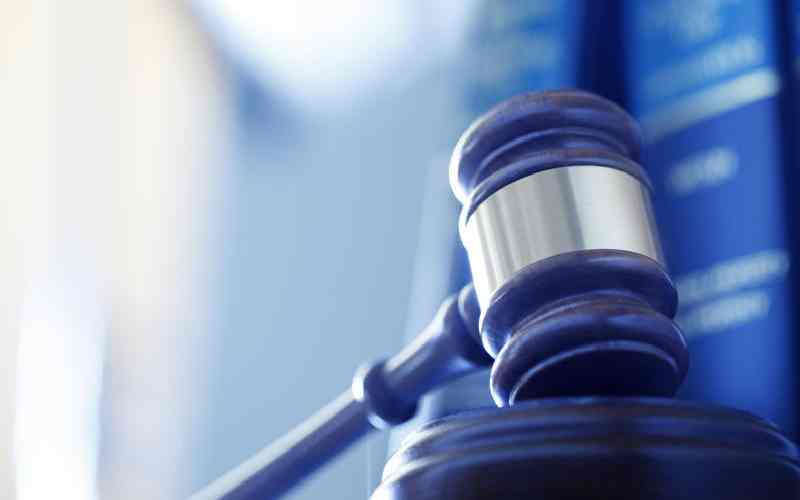×
The Standard e-Paper
Kenya’s Boldest Voice

The High Court has rejected a plea by eight Kenyans to have general elections suspended for at least 20 years and the country run by a council of 'responsible Kenyans.'